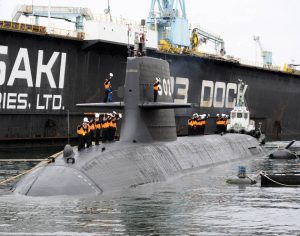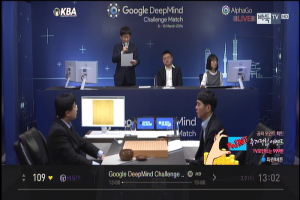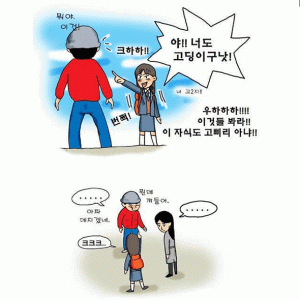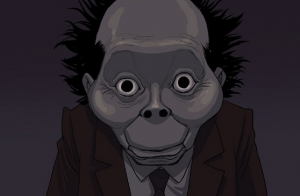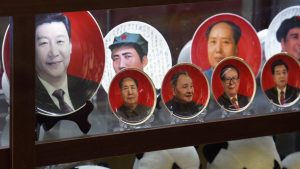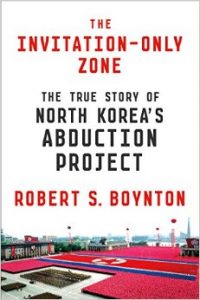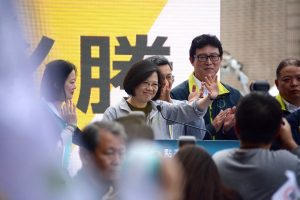“The Japan Choice:” Will Australia choose Japanese submarines for its future defence force?
Memo #373 By: Thomas Wilkins – thomas.wilkins [at] sydney.edu.au Nothing is exciting strategic commenters in Australia more than the long drawn out process of competitive evaluation of rival boats for its Collins-class submarine replacement programme. The choice of sub represents a roughly A$50bn investment and the future of Australian naval deterrent capacity into the 2050s. […]
Moomins Multiplied: How Finnish art became popular in Japan
Memo #371 By:Hyung Gu Lynn – hlynn [at] mail.ubc.ca The Moomin stories by Tove Jansson are landmark works of Finnish children’s literature/art. But Japan is the largest market for Moomin goods in the world and has served as a second home since the late-1960s. The Moomins’ popularity in Japan can be explained through several multiplicities, rather […]
Moomins Ascendant in Asia: Interview with Moomin Characters Ltd. Managing Director Roleff Kråkström
Memo #370 Featuring Roleff Kråkström – Roleff.Krakstrom [at] moomin.fi The Moomins, a family of trolls living in a valley with other colourful characters, have been beloved in their home country of Finland since the famed artist Tove Jansson published her first book featuring these characters in 1945. The stories have been translated into 50 different languages, […]
Hope or Worry for the Future? Google DeepMind’s AlphaGo vs. Lee Sedol in Seoul
Memo #368 By: Hyung Gu Lynn – hlynn [at] mail.ubc.ca If humans lose against artificial intelligence (AI) in a complex two-player game, is this a cause for hope or worry? The answer is – both. Currently battling in Seoul, South Korea, Google DeepMind’s AlphaGo, the powerful AI, is up 2-0 against Lee Sedol, the most decorated […]
South Korean webtoons: challenges of translating the domestic to the global
Memo #366 By:Hyung Gu Lynn – hlynn [at] mail.ubc.ca South Korean webtoons have grown rapidly since their launch in the early 2000s, with over 6 million individual readers accessing platforms per day in the domestic market. Since 2014, major Korean webtoons platforms have been providing access to translated versions of select titles in the hopes of […]
Translating Korean Webtoons: An Interview with Bruce and Ju-Chan Fulton
Memo #365 By: Bruce and Ju-Chan Fulton – Bruce.Fulton [at] ubc.ca and ju.chan.fulton [at] gmail.com With a domestic market estimated at well over 6 million individual readers per day and valued at over $300 million in 2015, South Korean webtoons have grown rapidly in scale and variety since their initial appearance on major search portal landing pages in the […]
Hong Kong’s Fishball Revolution: A Shift in Protest Culture?
Memo #364 By: Justin Kwan – justin.kwan [at] alumni.ubc.ca The “Fishball Revolution,” triggered when police cracked down on unlicensed street hawkers in Mong Kok during the Lunar Year, attracted international media attention to Hong Kong. The demonstrations were the largest since the 2014 Umbrella Movement, but more importantly, reflected potentially significant shifts in Hong Kong protest […]
Xi Jinping as Chiang Kai-shek 2.0
Memo #363 By Jeffrey Wasserstrom – jwassers [at] uci.edu Which past leader of a one-party state is Xi Jinping most like? When he took power in 2012, some expected his rule to resemble that of Hu Jintao, his predecessor – a bland technocrat uninterested in shaking things up. Others suggested he might morph into a […]
The Invitation-Only Zone: The True Story of North Korea’s Abduction Project (A “Behind the Book” Interview with Prof. Robert Boynton)
Memo #360 By Robert S. Boynton – robert.boynton [at] nyu.edu At the September 2002 Pyonygyang Summit between the heads of Japan and North Korea, Kim Jong-Il apologized to Koziumi Junichiro for some “rogue” North Korean agents that had abducted Japanese nationals during the 1970s and 1980s. This sparked saturation media coverage and amplified the voices […]
Taiwan’s 2016 elections: An exercise in generational change
Memo #359 By J. Michael Cole – jmichaelcoleintaipei [at] gmail.com More than ever before in Taiwan’s history, political contention is not defined by ethnicity. A clash of generations, rather, is shaping the positioning of the two leading parties in the 2016 elections. The opposition Democratic Progressive Party (DPP) has understood, and then embraced, this shift […]
